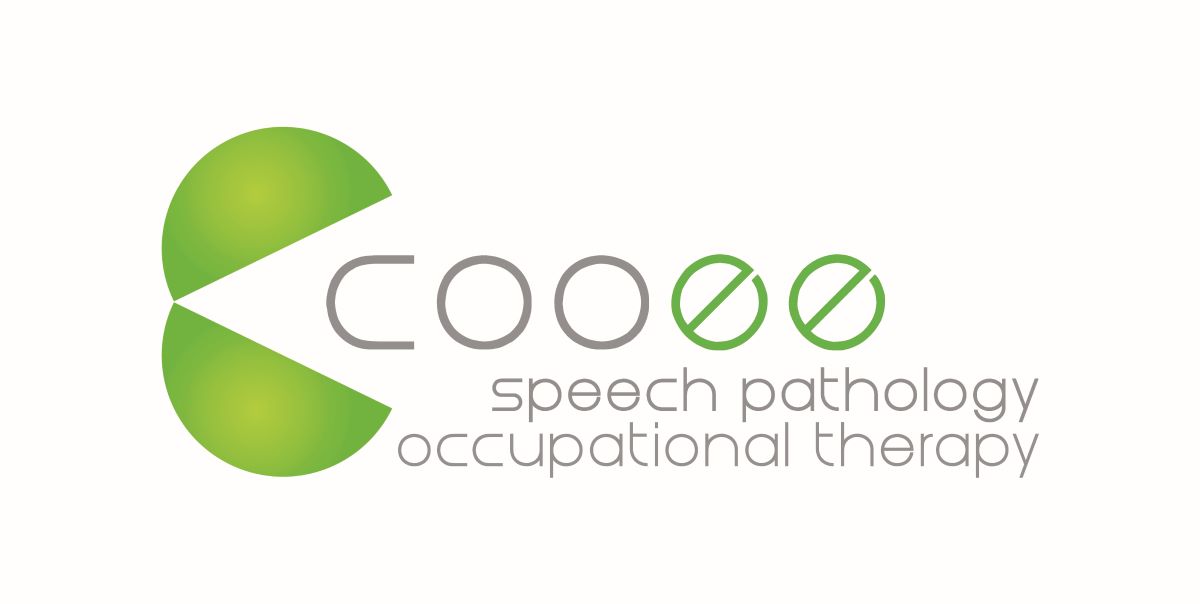How do children learn to read?
Reading is one of the most important skills children learn in their first years of schooling.

In three to four years, children go from not knowing how to read, to reading chapter books and using reading to learn new information.
How do they make this incredible leap?
There are two core skills that children need in order to become fluent readers who understand what they are reading.
The skills of 1) decoding and 2) language comprehension.
Decoding
“Decoding” is the technical term for correctly sounding a word out when reading, either in your head or out loud.
To decode a word a child needs to first learn the sounds of the letters in the written English language, which they begin learning in kindy and consolidate in prep. They begin by learning the easier single sound-letter relationships (e.g. the letter b says “b”), then move to digraphs (e.g. the letters c and h together say “ch”) and long vowels (e.g. the letters ‘a’ and ‘w’ together say “or”), and then onto increasingly complex English spelling rules and conventions (e.g. ‘tion’ says “shun”). As children continually practice the act of decoding, their brains become so proficient at identifying the words that they are able to read them “by sight”.
The written English language system can sometimes be tricky to decipher, and is not as easy to decode as other written languages. But learning to read English is certainly not impossible! Children simply require explicit systematic instruction in how to decode words, as well as opportunities to practise their reading in texts (books, paragraphs, posters etc.) that are predictable and consolidate the decoding patterns the child is currently learning.
Language Comprehension
Language comprehension is the ability to understand the meaning of what is said to you.
In contrast to decoding, a child learns the major foundations of language comprehension prior to school entry and then continue to refine and build on these skills throughout school and into adulthood. Children who understand language well will comprehend the meanings of a variety of different sentence structures, know the definitions of thousands of words, be able to understand meaning across sentences in connected language (e.g. stories and conversations), and also “fill in the blanks” and “read between the lines” by using their background knowledge and predicting skills.
These skills in understanding what is SAID are directly related to being able to understand what is READ. If a child can understand the words and information when they hear it, they should be able to understand the information after they have decoded/read it.
What to do if your child needs help reading
An increasing number of children across Australia are experiencing difficulties reading. A break down in a child’s decoding skills or language skills or both may be the cause of a child’s reading difficulties. If you are concerned about your child’s reading development, please get in touch with us at our north Brisbane Speech Pathology clinic either via phone (07 3265 4495) or email ([email protected]). Our Brisbane-based Speech Pathologists love to support children to become confident readers, and we would be delighted to help your child with their reading development.
